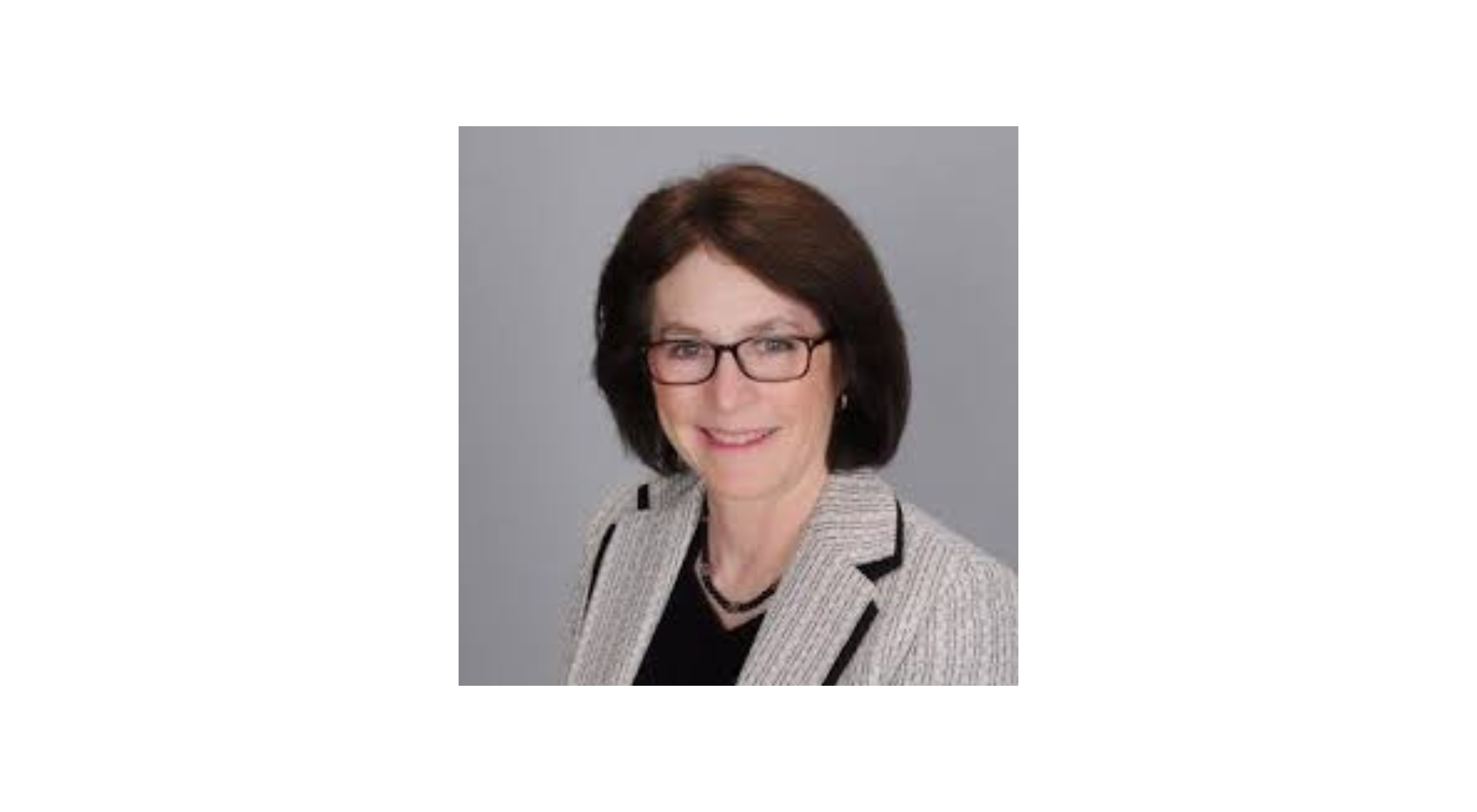Mentoring in Wound Care: Step Up for the Next Generation
August 9, 2019
We need mentors in wound care. Why? Our number of wound care providers cannot meet the overwhelming needs of our patients, our traditional practice patterns are changing from acute to post-acute care, reimbursement models are variable and technology is rapidly shifting. Nursing, physical therapy and medical schools are teaching less and less wound care. Many times, what is being taught is archaic. In the digital age of fleeting "friends" and tweets, it is even harder to identify and establish a mentor/mentee relationship.1 It is time we all seek a mentee to develop.
Just What is Mentoring?
Mentoring is not to be confused with role modeling, networking or preceptorship.2 It is about a mutually beneficial relationship with the focus on mentee development. The intended journey builds skill, knowledge and "appropriate attitude acquisition."2 Role modeling is passive; one person learns to emulate another. Networking serves a purpose to identify and establish professional contacts. One can potentially take early steps to identify a possible mentor, but no formal ongoing relationship is established. Precepting is a time-limited relationship with aims to transfer specific knowledge and skills from one person to another. The mentor and mentee each have their own specific responsibilities. For example, the mentor is often a combination of teacher, collaborator, counselor and guide. The mentee assumes responsibility for identifying areas for professional growth and communicating these. A good mentee develops many mentor/mentee connections during a career, sometimes having more than one mentor at a time, depending on identified needs. In our specialty, establishing mentors in different disciplines is beneficial for both the mentee and the patient.
Setting the Standard in Wound Care Mentorship
One person stands out in meeting the mentorship deficit—Dr. Diane L. Krasner, PhD, RN, CWOCN, CWS, BCLNC, FAAN. A staunch proponent of the mentor and mentee role, she was recently awarded the prestigious Dr. John Boswick Award at the 2019 Symposium for Advanced Wound Care.
 Dr. Diane Krasner receiving the Dr. John Boswick Award
Dr. Diane Krasner receiving the Dr. John Boswick AwardDr. Krasner has mentored dozens of wound care professionals. But an exceptional mentor realizes that one mentor/mentee relationship changes only the patient outcomes of the mentee. Impacting thousands of mentees—through publications, lectures, webinars and as Co-Chair of WhyWoundCare.com—affects hundreds of thousands of patients. As the former Clinical Editor of WoundSource, Dr. Krasner's contributions to Kestrel Health Information's publication have been invaluable to clinicians who need a digital-age mentor—quick information or advice via webinar at one’s fingertips of the keyboard. As a mentee of Dr. Krasner's, I have experienced her sage wisdom, political savvy, and moral strength. You can view some of her esteemed work by placing her name into "Search" at www.woundsource.com.
The WoundSource family congratulates Dr. Krasner on her prestigious award. It is well deserved. Great mentors help cultivate extraordinary abilities into others. Dr. Diane Krasner has done this. You should, too. Share what you know. Encourage a growth mindset. Improve the standards of practice. It’s time to get out there and find your mentees. References 1. Bonilla C. Mentors aren’t assigned – they’re earned. Smart Like How; July 31, 2015. Qvi15http://www.smartlikehow.com/blog-native/2015/7/31/we-need-to-talk-about…. Accessed May 21, 2019. 2. Belcher AE, Sibbald RG. Mentoring: the ultimate professional relationship. In: Krasner DL, Rodeheaver GT, Sibbald RG, eds. Chronic Wound Care: A Clinical Source Book for Healthcare Professionals. 4th ed. Malvern, PA: HMP Communications; 2007:185-190.
About Catherine T. Milne
Cathy is an Advanced Practice WOC Nurse providing care to patients across the continuum in acute care, long-term care, home health and outpatient settings. Employed by Connecticut Clinical Nursing Associates, she also provides consulting to organizations wishing to improve wound outcomes, conducts clinical research, lectures nationally and internationally, and is the Co-Editor of the text Wound, Ostomy, Continence Secrets and provides clinical support to Wound Reference.com. Additionally, she serves as an Associate Clinical Professor at the Yale School of Nursing. An active member of the Association for the Advancement of Wound Care, she currently serves as a Nurse Board Member.
The views and opinions expressed in this content are solely those of the contributor, and do not represent the views of WoundSource, HMP Global, its affiliates, or subsidiary companies.












